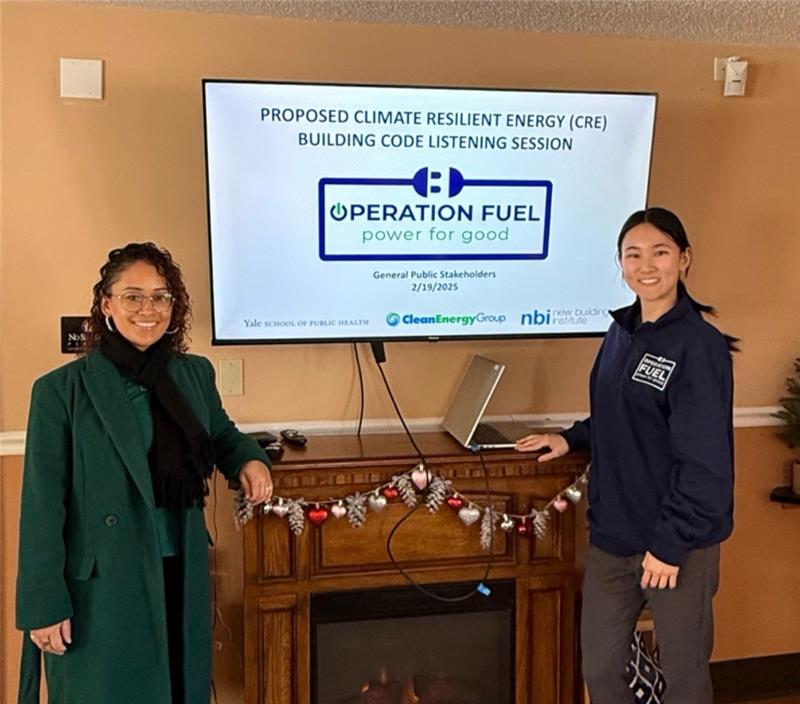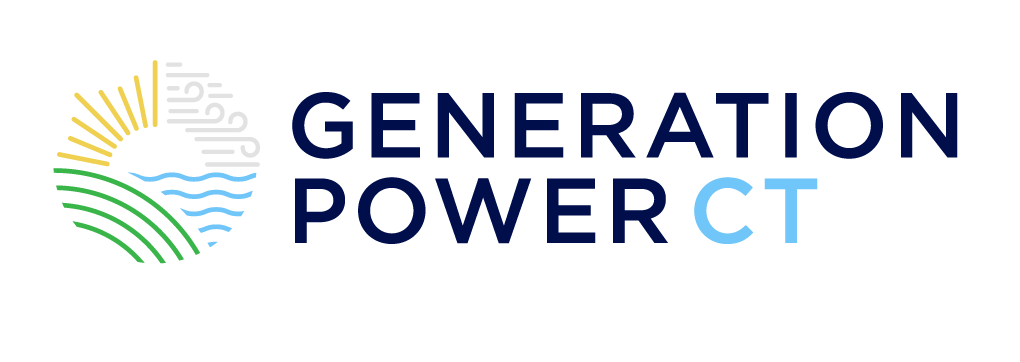
Thank You to Our Partners
Clean Energy Group, American Microgrid Solutions, Connecticut Department of Energy & Environmental Protection, Connecticut Green Bank, Connecticut Insurance Department, New Buildings Institute, Yale Center on Climate Change and Health; funded by the U.S. Department of Energy Office of Energy Efficiency & Renewable Energy (EERE).
About this Report
First Project Phase: October 1, 2023 – March 31, 2025
For the first phase of this project, our community research team conducted in-person listening sessions to gather feedback from residents of multifamily affordable housing communities on the proposed set of code measures. Resident feedback was gathered to inform the code development process by listening to the lived experiences and input shared by those who will be directly impacted.
Read the Full Report Here
The draft of the Connecticut Climate Resilient Energy Code is a set of guidelines that helps to ensure affordable housing sites are adequately prepared for the unexpected by installing solar panels, energy storage, and efficient heating and cooling systems. These important upgrades can keep homes safe and comfortable during power outages while supporting essential services.
Read More of Our Research
Mapping Household Cost Burdens: A study of energy, transportation, water, and housing affordability in Connecticut.
Understanding the specific challenges our neighbors face is key to helping them in meaningful ways. That’s why we commissioned a study, exploring geographic patterns in spending on energy, housing, transportation, and water.
Too often, research studies with worthy goals fail to translate into action given the disconnect between the researchers and the community most impacted by the issue being studied, people working on the ground to support these communities, and policy makers. Working with [GPCT] connects us with all these groups, and as a result our research is bringing about real change! DR. ANNIE HARPER, ASSISTANT PROFESSOR, YALE SCHOOL OF MEDICINE

